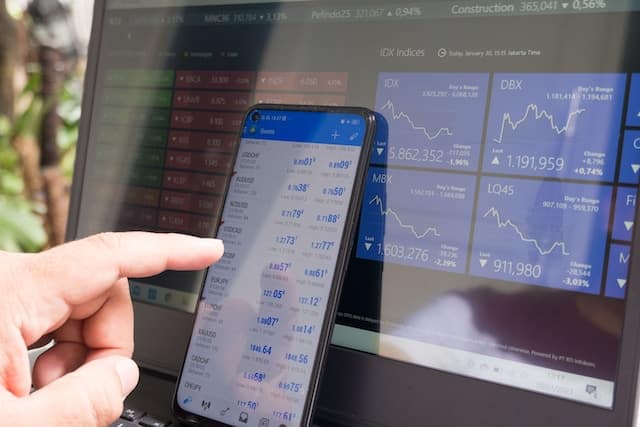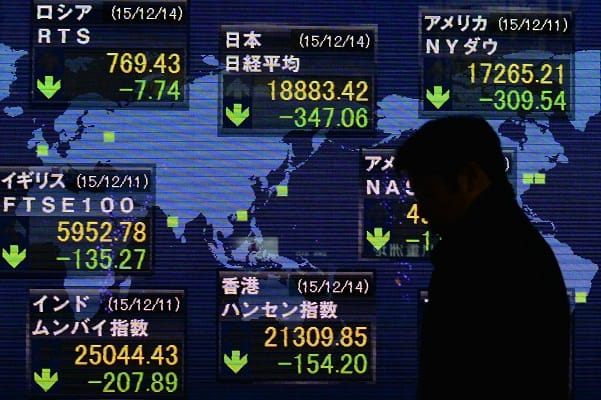There are many ways of trading available, meaning that traders now have more choices than ever to speculate on the market. In fact, one particular trading style that is garnering popular attention is forex trading. Forex trading is the process of theorising about currency prices in order to make money. This is similar to derivative trading, like spread betting or CFD trading, which allows you to speculate on price fluctuations without actually buying and owning the asset. Normally, currencies are traded in pairs, so by exchanging one currency for another, a trader is hypothesising on whether one currency will rise or fall in value against the other.
The Forex market is gaining attention because traders can enter it with minimum investments, it is one of the most liquid markets, and you can trade on your own time. Forex stands for foreign exchange and also is known as FX. The foreign exchange market is where currency pairs are being traded and it is where derivative currency indices are as popular. If you want to get started with forex trading, it is important to keep an eye on the prices of a particular currency index because it can show trend signals about the pairs of that currency. Simply put, the movement of all the forex GBP pairs (see the GBP/USD derivative pair) impacts the value of the GBP index.
Using forex indices trading can allow taking a glance at certain sectors or regions of the forex market instead of being required to take a look at each individual FX pair. This also means that you will be able to narrow your focus on the FX market and potentially scatter your risk.
For those that are new to the forex market, it can be difficult to know where to start. This is because often there is so much information saturating the web and it may seem as though you should just jump straight in which is not advisable. However, it is important to have a trading plan before launching into this market. Remember to not invest all of your money at once as the risk of losses could be too high. It is also better to wait to wager more money even when you have become familiarised with forex trading. Not only will this build your confidence but it will help to make sure that you don’t get ahead of yourself.
In forex trading is best to start small with just one or two currency pairs. You can do so by deciding whether you’re comfortable with the level of volatility in the forex market. You will need to determine whether you are seeking to make a short-term profit or if you want to potentially build up profit over time. If it is the former, you could look at a specific type of market with a high daily range, as one of many strategies to employ. Some of the most popular currency pairs that you can explore are EUR/USD, GBP/USD and EUR/GBP.
You should also have a plan to minimise the risks that come with forex trading even when the market is going against your odds. One of many ways you can do this is to look at trends that have occurred in the past and see if they are liable to repeat as patterns. By doing so, you could have an idea of how prices will act in the future and play much safer with your money. Please note that pricing is indicative. Past performance is not a reliable indicator of future results.
In conclusion,currencies are incredibly important on a societal level as they are wielded by almost everyone. To be successful with forex trading, remember to stick to a plan and develop a trading strategy before launching yourself fully in this market. This entails analysing ways that you can minimise losses if it happens, tracking trends in the market and keeping a calm head while you trade. Remember that you must also know when to stop and not trade with more money or finances than you can afford. This means setting limits on each trade which should help protect your money in the long run.
Spread bets and CFDs are complex instruments and come with a high risk of losing money rapidly due to leverage. The vast majority of retail client accounts lose money when spread betting and/or trading CFDs. You should consider whether you understand how spread bets and CFDs work and whether you can afford to take the high risk of losing your money.
Marketing for CFDs and spread betting is not intended for US citizens as prohibited under US regulation.
Please play responsibly. For more information and advice visit https://www.begambleaware.org






Leave a Comment